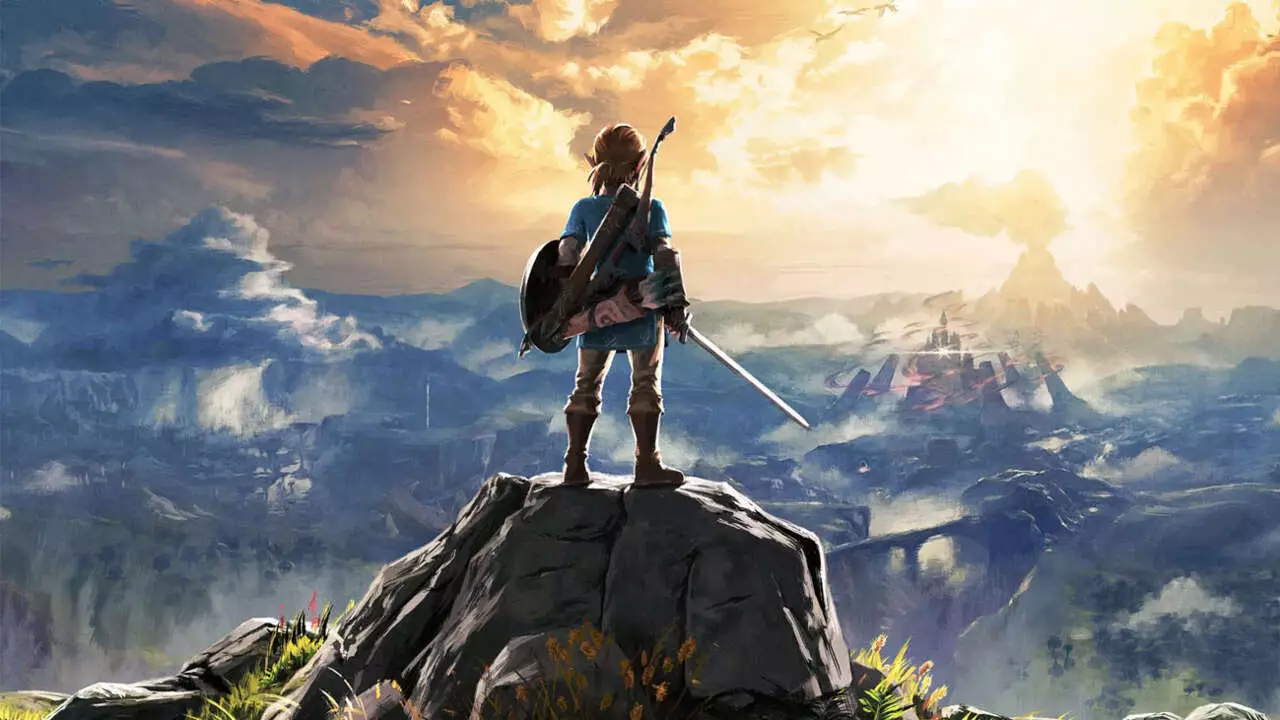The ambitious initiative by director Chris Carpenter to create a fan film based on the renowned video game franchise, The Legend of Zelda, has recently become a cautionary tale in the realm of fan-made adaptations. Carpenter’s Kickstarter campaign, which sought to gather funding for the film titled “Lost in Hyrule,” had a promising start, amassing around $24,000 from supporters eager to see their beloved game brought to life on screen. However, the project encountered an insurmountable obstacle: the legal scrutiny of Nintendo, the very company behind the source material.
Nintendo is infamous for its protective stance over its intellectual properties. The company’s legal team has become a formidable force, often striking down unauthorized projects that threaten to infringe on its copyrights. The swift suspension of Carpenter’s Kickstarter campaign exemplifies this. According to Dio Traverso, one of the producers, the project faced immediate termination due to Nintendo’s intervention, which was confirmed directly on the Kickstarter page. This response illuminates Nintendo’s relentless defense of its brand, showcasing its zero-tolerance policy for any fan-made projects that could be misconstrued as official.
“Lost in Hyrule” was intended to explore the beloved characters of Link and Princess Zelda, with Carpenter stepping into the role of Link and Avi Lake portraying Zelda. The narrative was designed to bridge the gap between the iconic games, Ocarina of Time and Majora’s Mask. However, these artistic ambitions were thwarted not by a lack of creativity or audience interest, but by a powerful corporate entity unyielding in its enforcement of copyright laws. Carpenter’s project showcased the potential for innovative storytelling through fan adaptations, yet it starkly highlights the risks involved when creators venture into established intellectual territories.
For up-and-coming creatives inspired to adapt popular franchises, this situation serves as an important lesson: passion does not equal permission. While fan projects can cultivate community and enthusiasm, they also flirt with substantial risks when they tread on the toes of powerful corporations like Nintendo. Despite his efforts and the support from the gaming community, Carpenter’s project met an unfortunate end, reminding us of the delicate balance creators must navigate between admiration for existing works and the potential legal repercussions.
Adding to the intrigue surrounding Carpenter’s endeavors, Wes Ball, known for directing films like “Kingdom of the Planet of the Apes,” was previously linked to the Zelda project. Yet, since the cancellation of the Kickstarter campaign, information about the project has become scarce. The precise effects of Nintendo’s intervention on Ball’s efforts remain uncertain, leaving fan hope hanging in the balance.
The closure of “Lost in Hyrule” stands as a chilling reminder of the complexities within creative pursuits in today’s ecosystem, particularly in the realm of beloved franchises where legal repercussions constantly loom.


Leave a Reply